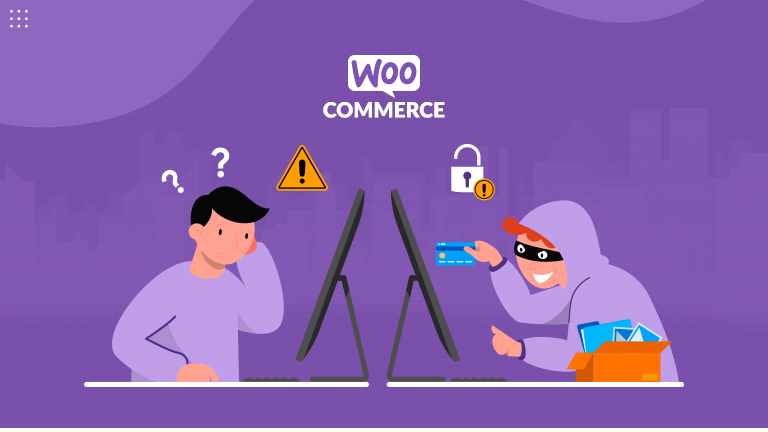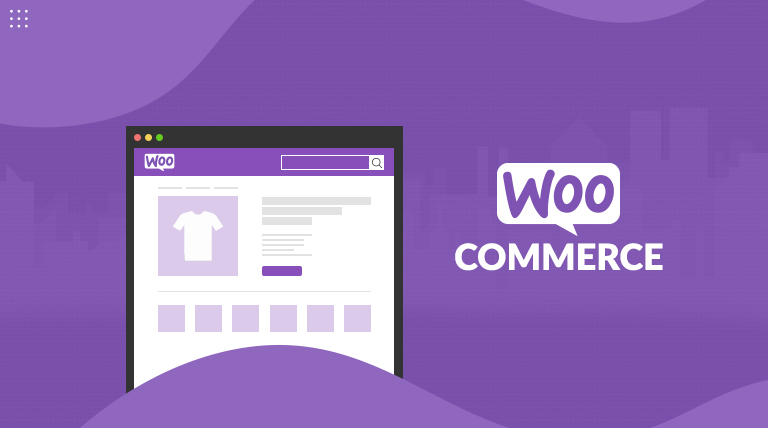Let’s Talk About Data Liberation Learn more

40+ Certified Experts

Hassle-Free Project Delivered

Security & Integrity

Wordpress Core Contributors

WordPress is the best CMS today. It is easy to use, fast and reliable, but it could never reach such heights without its plugins.
WordPress Plugins are a small piece of software that improves functionality and makes the platform easier to use. The WordPress plugin library has a collection of free and paid options to choose from. You can also upload your plugin by writing one or hiring a custom WordPress plugin development company to make one for you.
From development to marketing, this blog covers tips on both factors so that you get the best results.
Development
The development stage involves making/writing a plugin from scratch. A well-written plugin organically boosts chances of success. Keep these tips in mind while developing your plugin.
Good Research
Thorough research is paramount to getting excellent results. Before you begin your plugin development, ask “What problem will it solve?”
This sets your target audience. Next, look at similar plugins and note their pros and cons. The aim is to build on the good points while trying to solve the negatives. With this data, you can get an idea of how good your plugin has to be to make an impact.
Switch on Debug
This precaution can make a big difference. In the beginning, set the debug constant as true by adding “define(‘WP_DEBUG’, true);” in your wp-config.php file.
This code runs throughout the course of your plugin development, finding all errors and warnings in the code.
Security is Crucial
Post-launch, your plugin will work on many websites. A single security breach could put all of those at risk simultaneously.
Use the right prefixes and a decent folder structure to prevent basic brute force attacks. Nonces safeguard your plugins from more complex attacks like CSRF (cross-site request forgery).
Make a Readme File
A readme.txt file is your way to reach out to everyone who will install your plugin.
Increase credibility by giving out information that will help the users. This can include a detailed description, FAQs and solutions to common problems that could happen while they install/use your plugin.
Marketing
Hundreds of new plugins are launched every day in the library. WordPress doesn’t publish new plugins, which means to get downloads, you will have to market it well.
Appropriate Description
Would you buy a product that isn’t clear about what it does? Similarly, every plugin requires an apt description.
Provide all the information a customer could need in an easy-to-understand language. Words are not all. Include screenshots of the plugin’s interface and even a short explanatory video.
Pricing
There are many routes to earn from your plugin. Planning its pricing is important as it directly determines the number of downloads it gets.
One of the best approaches is offering a free demo for a few days. The customers can try out all the features and decide for themselves if they want your plugin or not. This also allows you to collect data from the ones who opted out.
Social Media Promotion
Emails are great, but social media is another platform where you need to be. Networks like Facebook, Twitter and Instagram have a tremendous following, many of whom could be interested in your product.
Post regularly about your plugin, its features and what it can do for them. Answer all queries related to it and connect with other developers. Use unique features like hashtags to push your posts organically into your customer’s feed.
Conclusion
The right combination of development and marketing will get your plugin the success it deserves.
Writing a plugin could take weeks and even months! Want to free yourself from this burden? Put your faith in a professional custom WordPress plugin development company like WordPress Website.
Contact us to get the best results.






